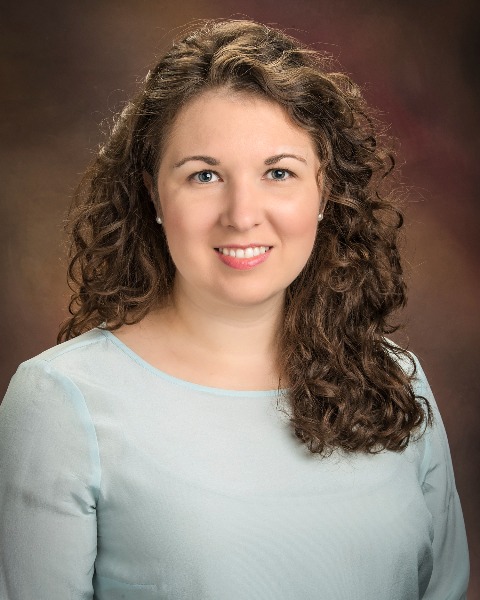Successful Use of VA ECMO in a Child With Refractory Cytokine Release Syndrome After CAR-T Therapy
-

Allison Whalen, MD
Medical University of South Carolina/MUSC Children's Hospital
Charleston, SCDisclosure information not submitted.
-
EZ
Elizabeth Zivick, MD
Assistant Professor, Pediatric Critical Care Medicine
Medical University of South Carolina/MUSC Children's Hospital, United StatesDisclosure information not submitted.
-
MC
Monika Cardona, MSN, RN
ECMO and CRRT Manager
Medical University of South Carolina
Charleston, South Carolina, United StatesDisclosure information not submitted.
-
AL
Aaron Lesher, MD, MSCR
Associate Professor, Pediatric Surgery, Pediatric Burn Medical Director
Medical University of South Carolina, United StatesDisclosure information not submitted.
-
MH
Michelle Hudspeth, MD
Director, Division of Pediatric Hematology/Oncology; Associate Professor
Medical University of South Carolina, United StatesDisclosure information not submitted.
First Author(s)
Co-Author(s)
Title: Successful use of VA ECMO in a child with refractory cytokine release syndrome after CAR-T therapy
Case Report Body:
Introduction: Cytokine release syndrome (CRS) is a known complication of chimeric antigen receptor engineered T cell (CAR-T) therapy for B-cell malignancies, with clinical presentation ranging from mild symptoms to multiorgan system failure. There are no current reports of the use of VA ECMO as bridge to recovery of CRS after receiving CAR-T therapy. We present successful use of VA ECMO in a child with refractory CRS and myocardial dysfunction.
Description: A 6 year old male with relapsed B-ALL and pulmonary diffuse large B-cell lymphoma (DLBCL) was admitted for CAR-T therapy. He developed CRS which worsened to include hypoxia, fluid overload, and transaminitis and was started on tocilizumab, steroids, anakinra, and broad-spectrum antibiotics. His organ failure progressed requiring intubation, vasopressor support, and dialysis, with rapid progression to refractory hypotension and severe myocardial dysfunction. Seven days after CAR-T he was cannulated via right neck cut down to VA ECMO with a 17F venous RIJ cannula and 15F right carotid arterial cannula using the Sorin Revolution ECMO Pump and Medos 7000 Oxygenator. His ECMO course was 126hrs with flows 1900-2600mlpm (79-108ml/kg/min), sweep gas 500-2000ml/min, SvO2 58-79%. He received siltuximab just prior to cannulation. Profound capillary leak syndrome and myocardial dysfunction improved with dialysis. Vasopressors were weaned and he was decannulated on day 5 of ECMO without complication. He was extubated, weaned off inotropes, and discharged with normal cardiac function, off dialysis and oxygen, and with no neurologic sequelae. He had relapse of ALL relapse 6 months after CAR-T and underwent bone marrow transplant. He now is in remission for both ALL and DLBCL.
Discussion: We report the successful use of VA ECMO for refractory CRS in the setting of CAR-T therapy. Given the predictable CRS and risk of cardiopulmonary collapse, extracorporeal membrane oxygenation support can be carefully considered in this patient population.
